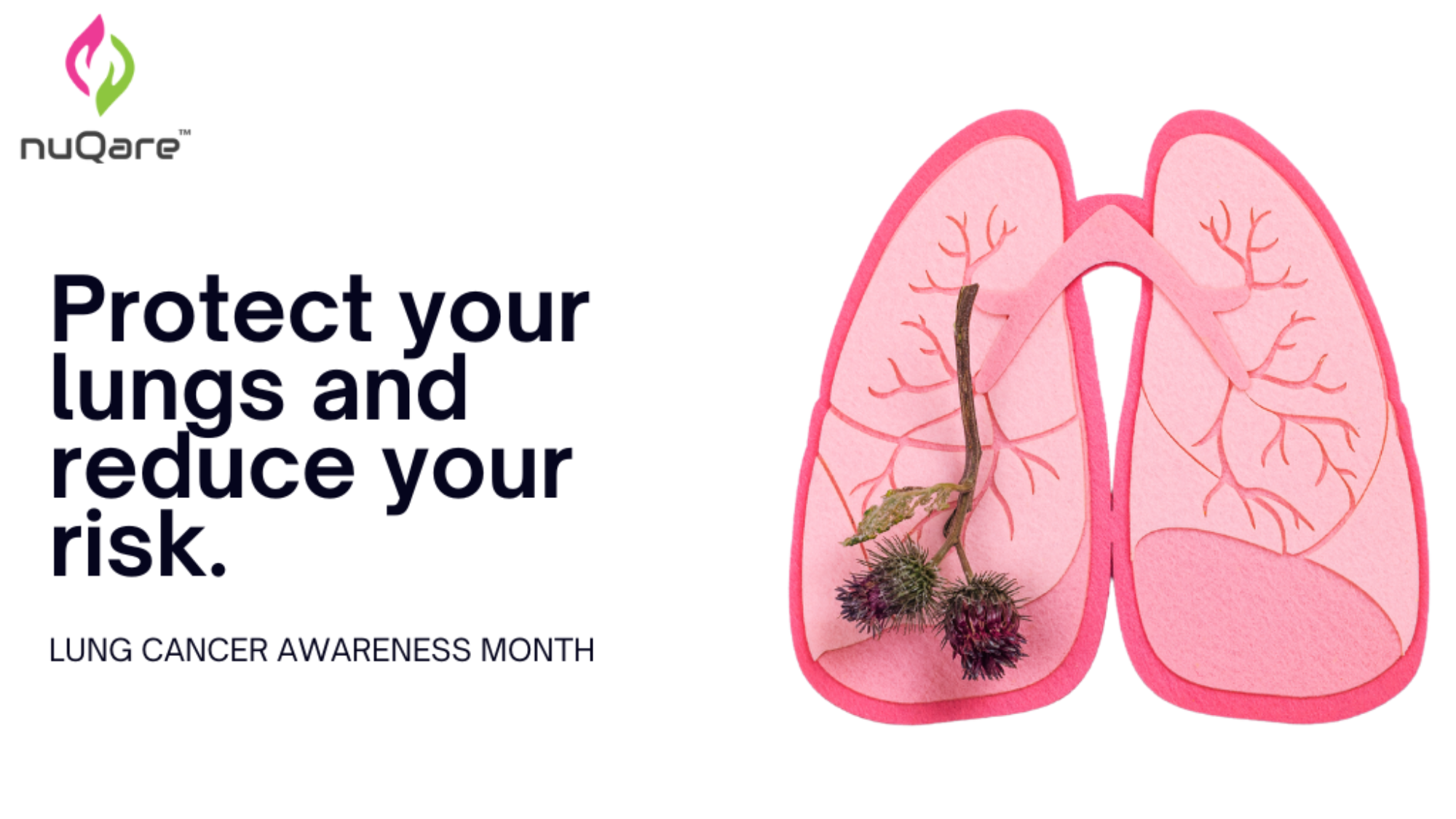Lung cancer is one of the most prevalent and deadliest forms of cancer worldwide, accounting for a significant number of cancer-related deaths each year. In India, lung cancer constitutes 6.9 per cent of all new cancer cases and 9.3 per cent of all cancer related deaths in both sexes. The environmental factors that play a pivotal role in lung cancer prevention. It is important to understand how the air we breathe, the chemicals we encounter, and the environments we inhabit can impact our lung health. By recognizing and addressing these factors, we can take meaningful steps towards reducing the risk of lung cancer.
Lifestyle choices that can increase your risk of lung cancer are:
- Smoking and Tobacco Use: Smoking is the leading cause of lung cancer. The harmful chemicals present in tobacco smoke, such as nicotine, tar, and carcinogens, damage the cells lining the lungs and increase the risk of developing cancer. Even secondhand smoke exposure can be detrimental to lung health.
- Excessive Alcohol Consumption: Heavy and prolonged alcohol consumption has been linked to an increased risk of several types of cancer, including lung cancer. When combined with smoking, the risk is even higher. Limiting alcohol intake is crucial for overall health and reducing the risk of various cancers.
- Unhealthy Diet: Poor dietary choices, especially a diet high in saturated fats, processed foods, and low in fruits and vegetables, can have a negative impact on overall health, including lung health. A healthy diet rich in antioxidants, vitamins, and minerals can support lung health and reduce the risk of cancer.
- Environmental Pollutants: Air pollution, both outdoor and indoor, can contribute to lung cancer risk. Fine particulate matter, industrial emissions, vehicle exhaust, and indoor pollutants like cooking fumes, asbestos, and radon can all impact lung health and increase the likelihood of developing cancer.
- Occupational Exposures: Certain occupations, such as construction, mining, manufacturing, and industrial settings, may expose individuals to harmful substances like asbestos, diesel exhaust, silica dust, and chemicals. Prolonged exposure to these substances can significantly increase the risk of developing lung cancer.
Tips for lowering your risk of lung cancer:
- Quit smoking: If you smoke, quitting is the best thing you can do to reduce your risk of lung cancer.
- Avoid secondhand smoke: If you are exposed to secondhand smoke, try to avoid it as much as possible.
- Have your home tested for radon: If you live in a home that is at risk for radon, have your home tested.
- Eat a healthy diet: A diet high in fruits, vegetables, and whole grains can help to lower your risk.
- Limit your exposure to air pollution: If you live in an area with high levels of air pollution, try to limit your exposure.
- Be aware of your occupational risks: If you work in an occupation that exposes you to substances that can cause lung cancer, talk to your doctor about your risk.
Conclusion:
Lung cancer prevention is within our reach through conscious lifestyle choices and awareness of environmental factors. By understanding the impact of smoking, secondhand smoke, radon gas, air pollution, occupational exposures, and other environmental carcinogens, we can take proactive steps to reduce our risk of developing lung cancer.Adopting a healthy lifestyle that includes a balanced diet, regular physical activity, and limited alcohol consumption can support overall lung health and decrease the risk of developing lung cancer.


